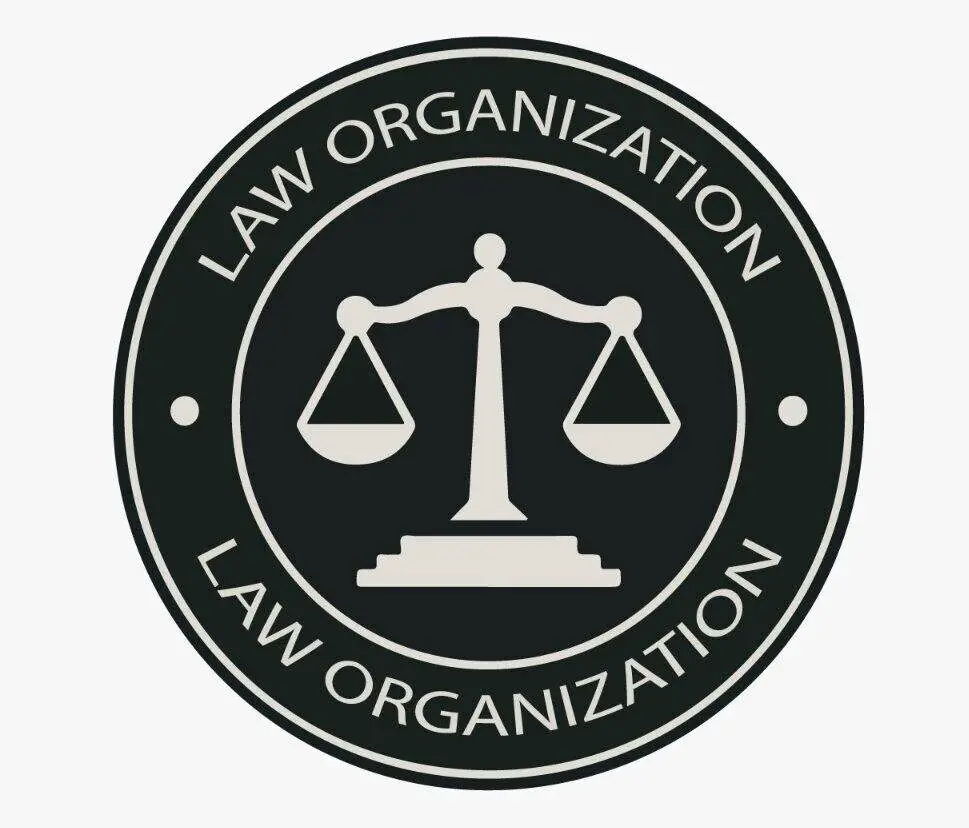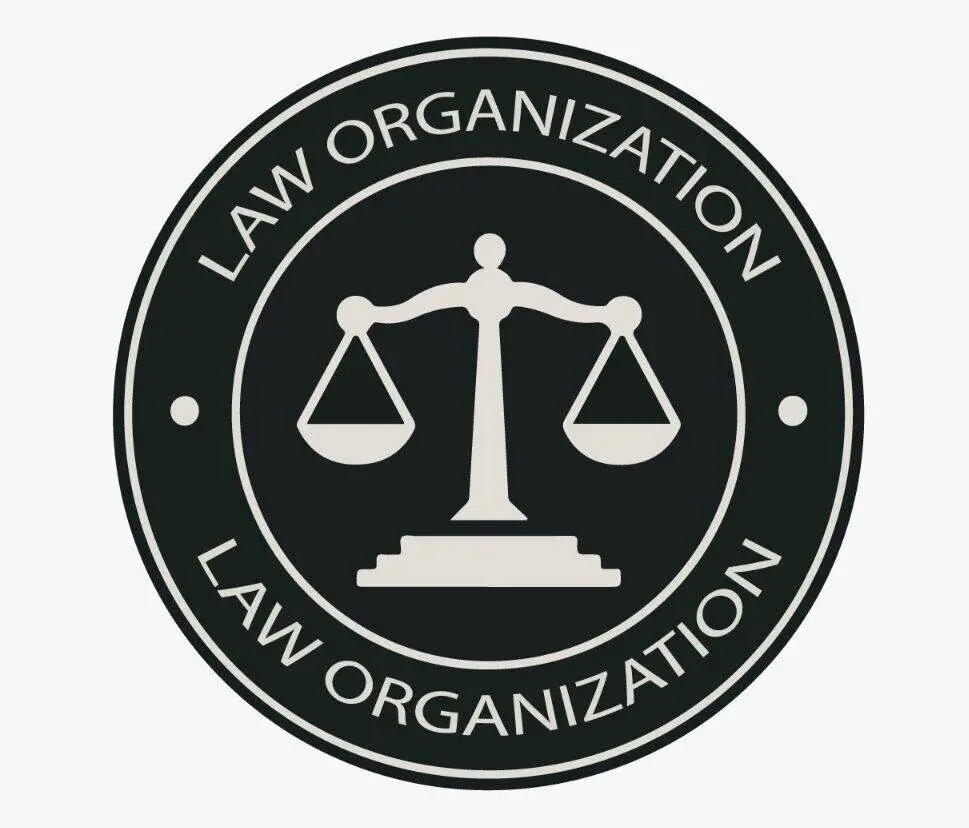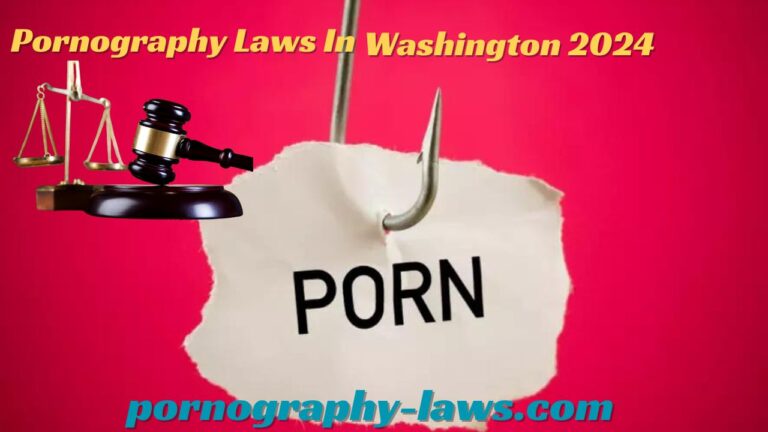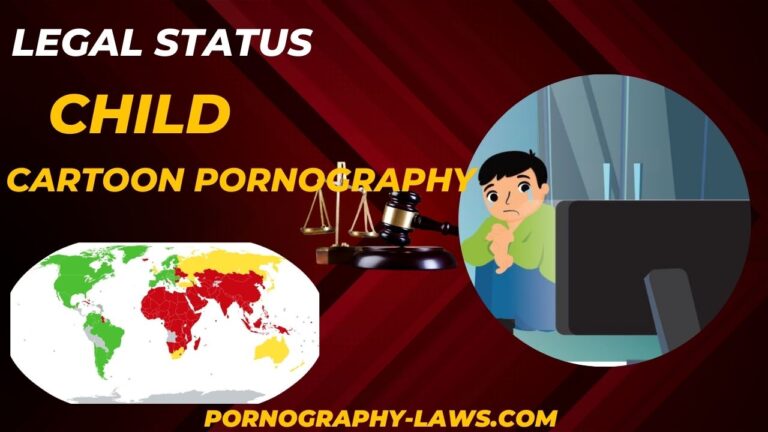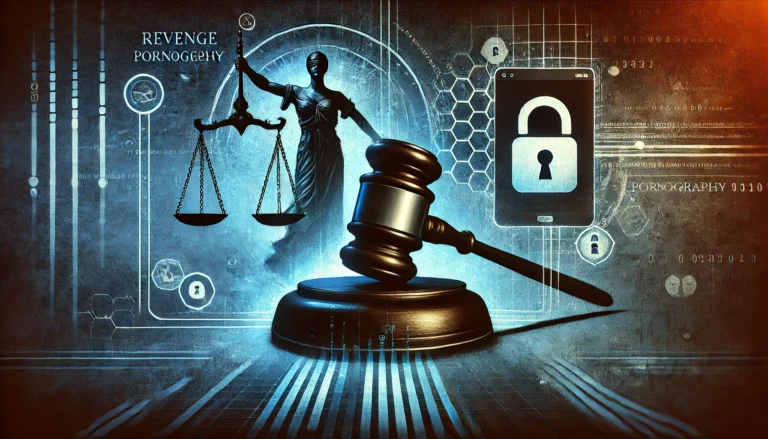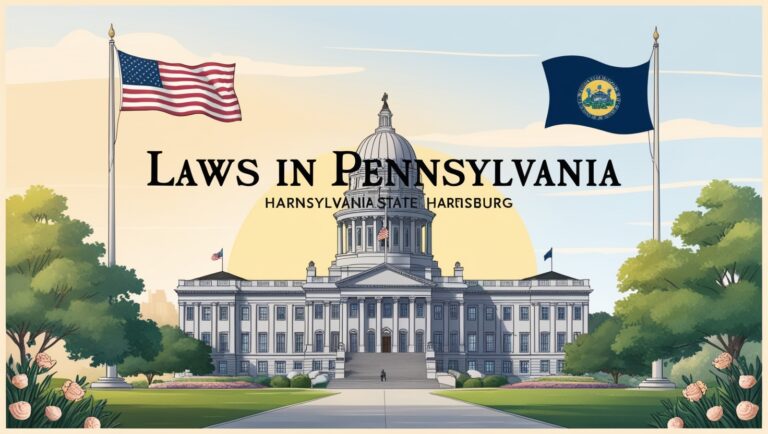Revenge Porn Laws and Sexting Regulations in New York
In today’s digital world, privacy is crucial, especially when it comes to personal images. New York has strict rules about revenge porn, which is when someone shares your private photos without permission. It’s important to understand these laws to protect yourself.
We’ll also talk about sexting – sending intimate messages or pictures. While it’s okay between consenting adults, it’s essential to know the rules to avoid legal issues.

This blog will break down the basics of revenge porn laws and sexting regulations in New York. By learning about these rules, you can make sure your private moments stay private and navigate the online world more safely. Join us to uncover the simple facts about sharing intimate content in New York.
What is Revenge Porn?
Nonconsensual pornography, also called revenge porn, is when someone shares intimate pictures of another person without their permission. This means posting or sending private and explicit photos, like nudes, without the person’s agreement. It’s a violation of privacy and trust, and it’s important to know that such actions are not okay.
Know Your Rights: Cyber Sexual Abuse is Illegal
You deserve privacy, and it’s never okay for someone to share your private images without your consent. Remember, it’s not your fault.
If you’ve experienced this kind of abuse, you have the right to take action. In almost every state in the U.S., there are laws that protect victims of nonconsensual pornography.
You also have the right to ask for the removal of these images from the internet. However, it’s important to acknowledge that this process can be very challenging. Despite the difficulties, you have the right to stand up for yourself and demand accountability.
New York’s Revenge Porn Laws
In New York, sharing someone’s private pictures without their permission is against the law both criminally and in civil court. If a person purposely shares these pictures to harm someone, they can be held responsible in a civil case.
For this to happen, the person sharing the pictures must have meant to cause harm, and the pictures must be shared without the person’s agreement. The person sharing the images can also be held responsible if the person in the pictures expected them to stay private.
If someone is found responsible under New York law, a judge or jury can make them do things to make up for the harm caused. This might include stopping them from sharing the images, paying for any damages caused, and covering the costs of legal fees. This legal protection is there to help individuals who have had their private pictures shared without permission.
In New York City, it’s against the law, both criminally and civilly, to reveal or threaten to reveal someone’s private pictures with the intent to cause harm. If someone does this, they could face up to one year in jail and a fine of up to $1,000 in criminal court. In civil court, the victim might receive financial compensation, and the court can order the person to stop their harmful actions.
In New York State, disclosing private pictures with the intent to harm is also a criminal and civil offense. Even threats to reveal such images can be dealt with in civil court. In criminal court, the person responsible may face up to one year in jail or three years on probation, plus a fine of up to $1,000. In civil court, the victim may receive financial compensation, and the person causing harm may be legally required to stop their actions.
New York State is the first to let victims seek a court order to remove content from websites hosting or transmitting the pictures. This law applies if either the victim or the person causing harm is in the state. Victims have up to 2 years to pursue criminal charges and up to 3 years after the images were shared to bring a case in civil court, or one year from the date of discovery, whichever is later.
In the political landscape of the New York region:
- Ban on Noncompete Agreements: Governor Kathy Hochul vetoed a bill that aimed to ban noncompete agreements in New York. The decision came after strong opposition from influential industries, including Wall Street, who lobbied against the measure.
- Mental Illness and Violence: Despite being initially hailed as a national model, a New York State program designed to treat mentally ill individuals at risk of committing violence faced breakdowns, notably in cases involving subway incidents.
- Reparations: New York is launching a significant effort to confront its history of slavery and racism. The state is establishing the nation’s third statewide task force to explore the possibility of reparations as a means to address the legacy of racial injustice.
- George Santos’s Seat: Republicans are in a struggle to retain the New York House seat left vacant by a disgraced congressman. They have selected Mazi Melesa Pilip, an Ethiopian-born individual with service in the Israel Defense Forces, as their candidate for the upcoming special election in 2024.
- Redistricting: New York’s highest court has mandated the state to redraw its congressional map. This decision provides Democrats with a potential advantage in their efforts to take control of the House from Republicans in the 2024 elections.
Consequences
Here are the consequences for offenders involved in nonconsensual pornography in New York:
- Jail Time: Offenders can face up to a year in jail for their actions.
- Fines: Offenders may be fined up to $1000 as a penalty.
- Legal Action: Victims have the right to sue the perpetrator for monetary compensation.
- Content Removal: Judges in New York have the unique authority to order both offenders and websites to take down the explicit content. This empowerment sets New York apart as the only state in the nation with such judicial authority.
- Workplace Harassment: If the offender is a colleague, victims can file for workplace harassment to address the issue in a professional setting.
